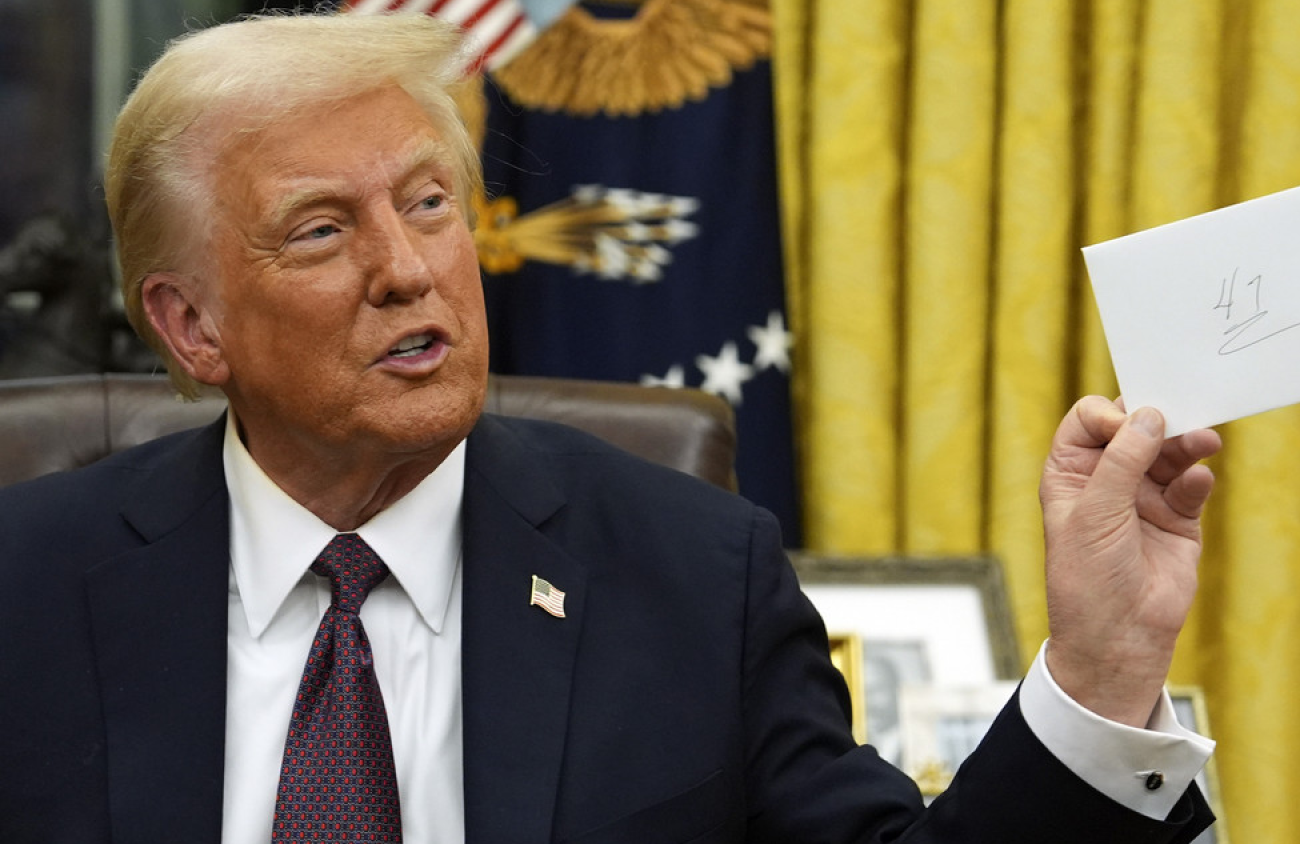In a dramatic and controversial turn of events, President Donald Trump’s administration has sent shockwaves through the legal community by terminating several U.S. Attorneys who were appointed by Democratic President Joe Biden. This unexpected move, detailed in an internal email obtained by Reuters, marks one of the most aggressive personnel actions in recent memory and has ignited a firestorm of debate regarding the politicization of the Justice Department.
According to the email, which was issued by the White House’s deputy director for presidential personnel, the termination notices were sent “at the direction of President Donald J. Trump.” Recipients were informed that their positions as U.S. Attorneys were being terminated effective immediately. Although it is not clear whether every Biden-appointed U.S. Attorney received the notice, multiple officials—from Seattle to Maryland—have already tendered their resignations.
Traditionally, when a new presidential administration takes office, U.S. Attorneys tend to resign voluntarily, paving the way for new appointees who align with the incoming leadership’s priorities. However, this time around, the administration’s decision to send curt, unambiguous termination letters has raised eyebrows. Critics argue that such blunt messaging undermines the customary courtesy and the spirit of bipartisanship expected in transitions of power. Current and former Justice Department officials have noted that while resignations are a common occurrence, the practice of issuing termination notices in such a stark manner is highly unusual.
Despite the upheaval, more than two dozen Biden-appointed U.S. Attorneys reportedly remained in their roles as of Wednesday, with at least three still actively serving as of Thursday, according to statements from their respective offices. The inconsistent approach to staffing has left many questioning the administration’s strategy and whether this move is driven by a genuine desire to enforce new directives or merely a politically motivated purge.
Among those affected is U.S. Attorney Tara McGrath of San Diego, who confirmed late Wednesday that she received notification of her termination from the White House. Her office later reported that she was thanked for her service—a gesture that some observers found overly curt and insufficient in light of the dramatic nature of the action. Similarly, U.S. Attorney Erek Barron of Maryland issued a farewell email to his entire office, declaring that his tenure “has come to an end.” In his parting message, Barron expressed gratitude for the opportunity to lead a “talented and dedicated team,” and he later confirmed his departure on LinkedIn.
Additional resignations have been reported from other regions. Ismail Ramsey, the U.S. Attorney for the Northern District of California, sent an email statement indicating that he had “concluded his leadership” of his position. Likewise, Seattle-based U.S. Attorney Tessa Gorman, originally appointed on an interim basis by former U.S. Attorney General Merrick Garland and later by local judges in the Western District of Washington, also resigned at the president’s request. Her departure further underscores the sweeping impact of this administrative shakeup.
Late Wednesday, another significant resignation came from Dena King, the top federal prosecutor for the Western District of North Carolina, who announced her decision to step down. King’s exit adds to the growing list of departures that have left many in the legal community and political circles questioning the timing and motivation behind these actions.
The White House has yet to provide an official response or clarification regarding the rationale behind these terminations. Multiple requests for comment from the U.S. Department of Justice have gone unanswered, further fueling speculation that this is a deliberate political maneuver aimed at consolidating power within the new administration. Critics warn that such actions risk undermining the independence of the Justice Department, potentially setting a dangerous precedent for future transitions between administrations.
Supporters of the move argue that it is necessary to ensure that officials who do not align with the new administration’s policies are replaced with individuals who will enforce its directives more rigorously. They contend that the termination letters, though abrupt, are a part of a broader strategy to “clean house” and realign the federal legal apparatus with the current administration’s priorities.
However, opponents of the action have voiced concerns that this approach not only disrupts the continuity of the Justice Department’s work but also sends a chilling message to federal employees about the potential politicization of what should be a nonpartisan, apolitical institution. The controversy surrounding these termination notices is likely to have long-lasting repercussions on the public’s trust in the federal government’s ability to remain impartial, particularly in matters of national security and law enforcement.
As the dust begins to settle, legal experts and political analysts will be closely monitoring the fallout from this unprecedented move. Whether this strategy will lead to a more efficient enforcement of the new administration’s agenda or result in further instability remains to be seen.

